The launching workshop, co-organized by the Department of Agriculture and Rural Development of Hoa Binh Province (DARD), the World Agroforestry Centre (ICRAF), and CISDOMA, took place in the Hoa Binh Provincial Conference Center on August 5, 2022. The event welcomed the participation of nearly 80 delegates from provincial departments and agencies of Hoa Binh province, including DPI, DARD, PPSD, AEC, Kim Boi district DARD, local authorities and farmers in the project areas, representatives from ICRAF and CISDOMA.
An overview of the project outcomes and activities was presented to all participants in the workshop. In addition, the project implementers and delegates also discussed a new way of working in this project, which is based on an agroecological landscape. The workshop participants also analysed the difficulties and challenges in producing and consuming agricultural products, and discussed on the issues that could be addressed in the project.
The project “ Agroecology for resilient landscapes for the poor in northern upland” funded by the German Federal Ministry of Economic Cooperation and Development (BMZ) through Bread for the World (BfdW). The project is co-funded and implemented by CISDOMA in cooperation with ICRAF with a total budget of 1.4 million euros in Kim Boi district of Hoa Binh province and Tram Tau district of Yen Bai province, from 2021 to 2025.
The Deputy Director of DARD, Mr. Vuong Dac Hung, attended the workshop and highlighted the need to actively engage stakeholders at the provincial level in implementation and get contributions from local people for the success of the project. During the project’s implementation, DARD, in collaboration with other partners, will supervise and monitor project activities in Hoa Binh province. DARD also highly appreciated the cooperation between CISDOMA and PPSD in project conceptualisation, and the support from ICRAF and BfdW.
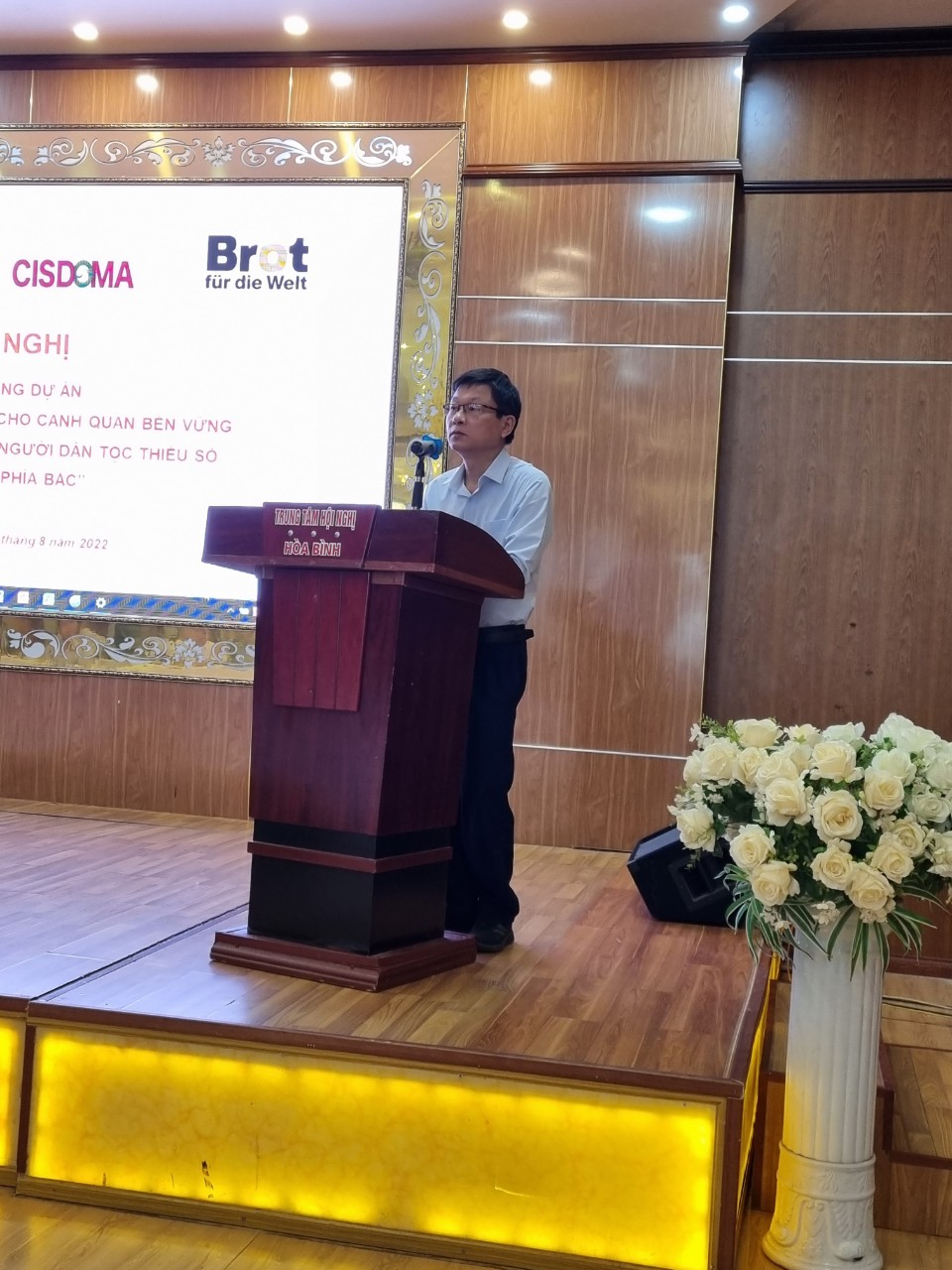
Picture 1: Mr. Vuong Dac Hung, Deputy Director of DARD, spoke at the workshop
At the workshop, the representative of the Department of Planning and Investment (DPI) recommended that the project needs contributions from local authorities and communities in order to increase the ownership and responsibility of beneficiaries. Moreover, he also emphasised that this is also the way to meet donor’s requirements on financial contribution to the project. Lastly, he highly appreciated the support of international and local NGOs for social and economic development and a sustainable environment in the locality. Ending his speech, DPI committed to creating the most favourable conditions for organisations who carry out the projects in Hoa Binh province.
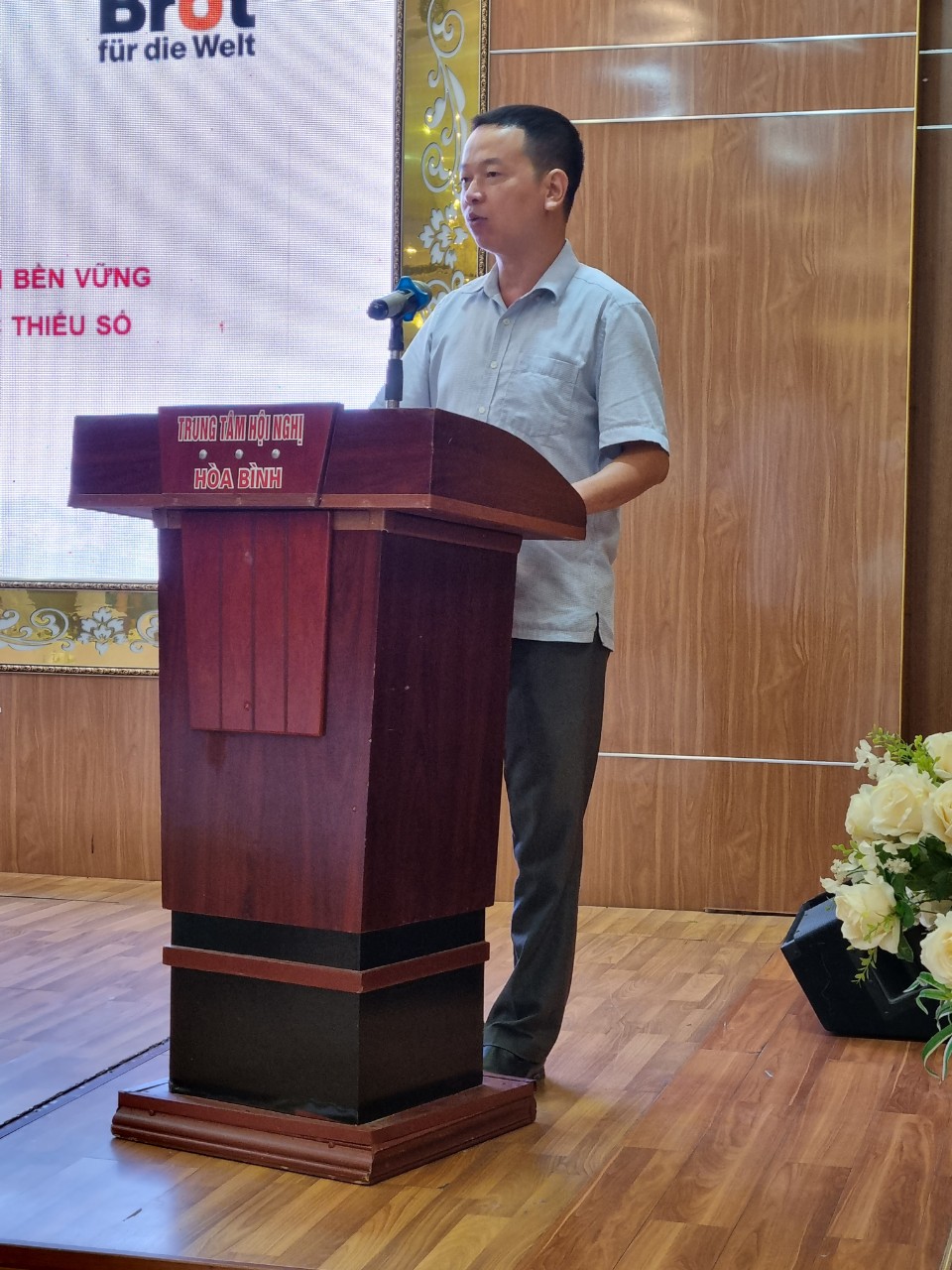
Picture 2: Mr. Duong Van Trung, representative of DPI, spoke at the workshop
Representatives of the Commune’s Peoples Committees raised some communities’ concerns, including: (1) the overuse of agricultural chemicals by local farmers resulted in negative environmental impact and poor product quality; (2) inadequate attention was made for planning of agricultural production, in which planning processes mainly influenced by the planner’s own emotions and following the crowd; (3) price volatility and unstable market for the local agricultural products. In this context, the project outcomes will provide vital support for Kim Boi district and contribute to addressing environmental pollution and restoring the agroecosystem.
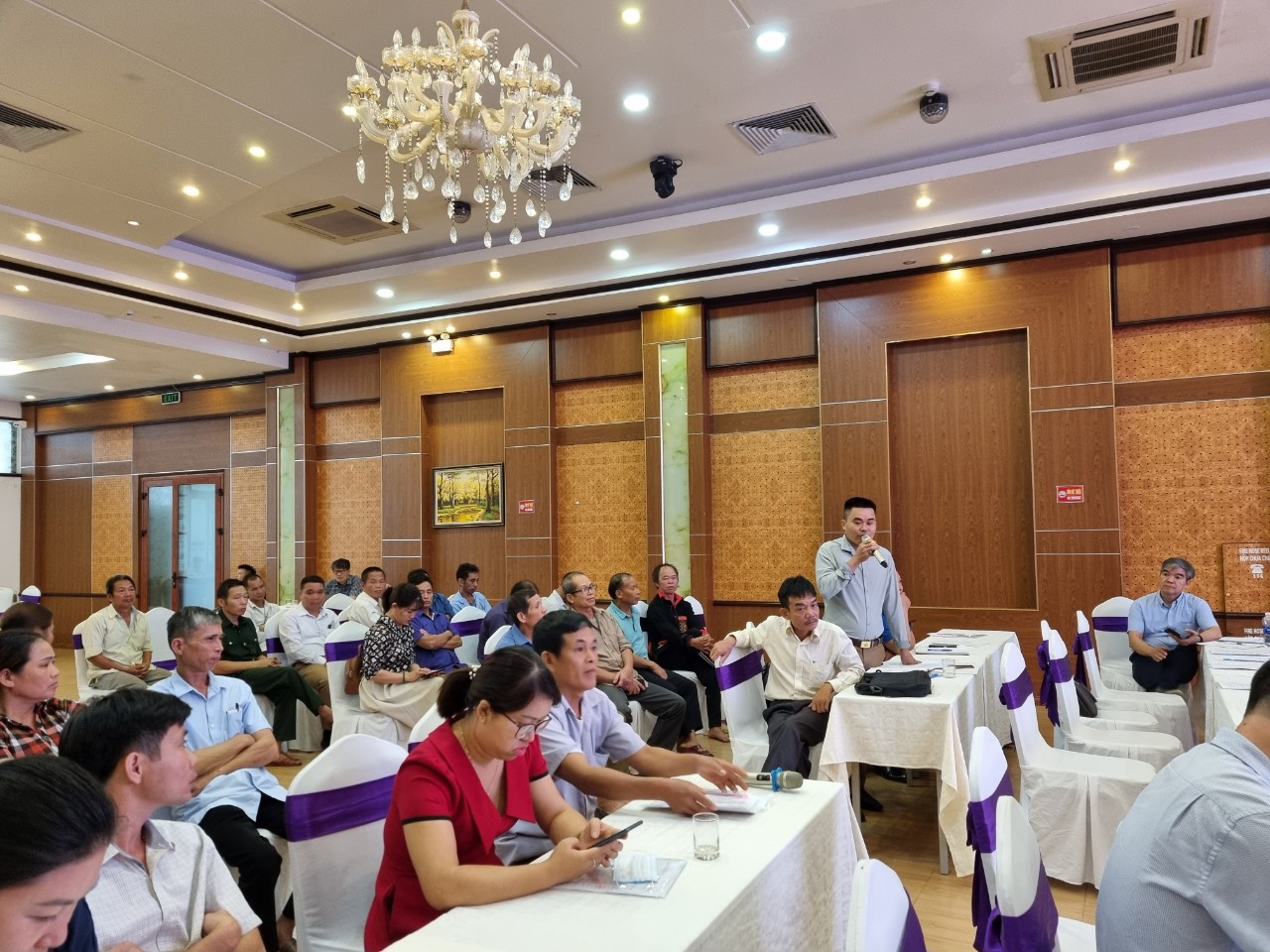
Picture 3: Representative of local leaders spoke at the workshop
Attending the workshop, more than 30 farmer households representing the farmers from Hop Tien and Tu Son communes. They shared their difficulties in agricultural production at their locality, such as water scarcity, effects of high temperature and storms during the crop seasons, market disruption, farming techniques, poor quality of seeds and livestock breeds…. The farmers expressed their commitment to work with the project; and expected that the project could expand its scope to reach more farmers.
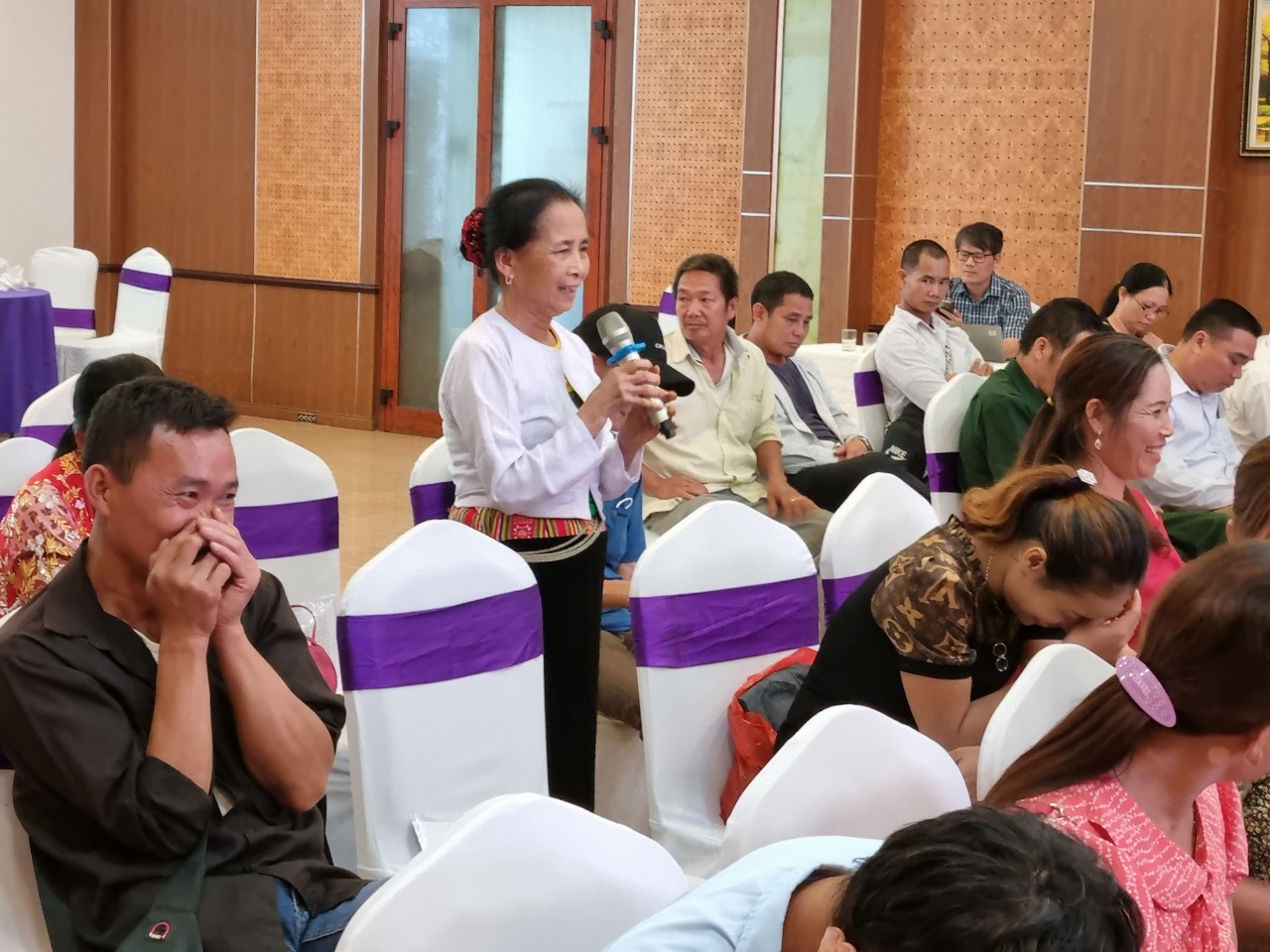
Picture 4: A project farmer presented her ideas.
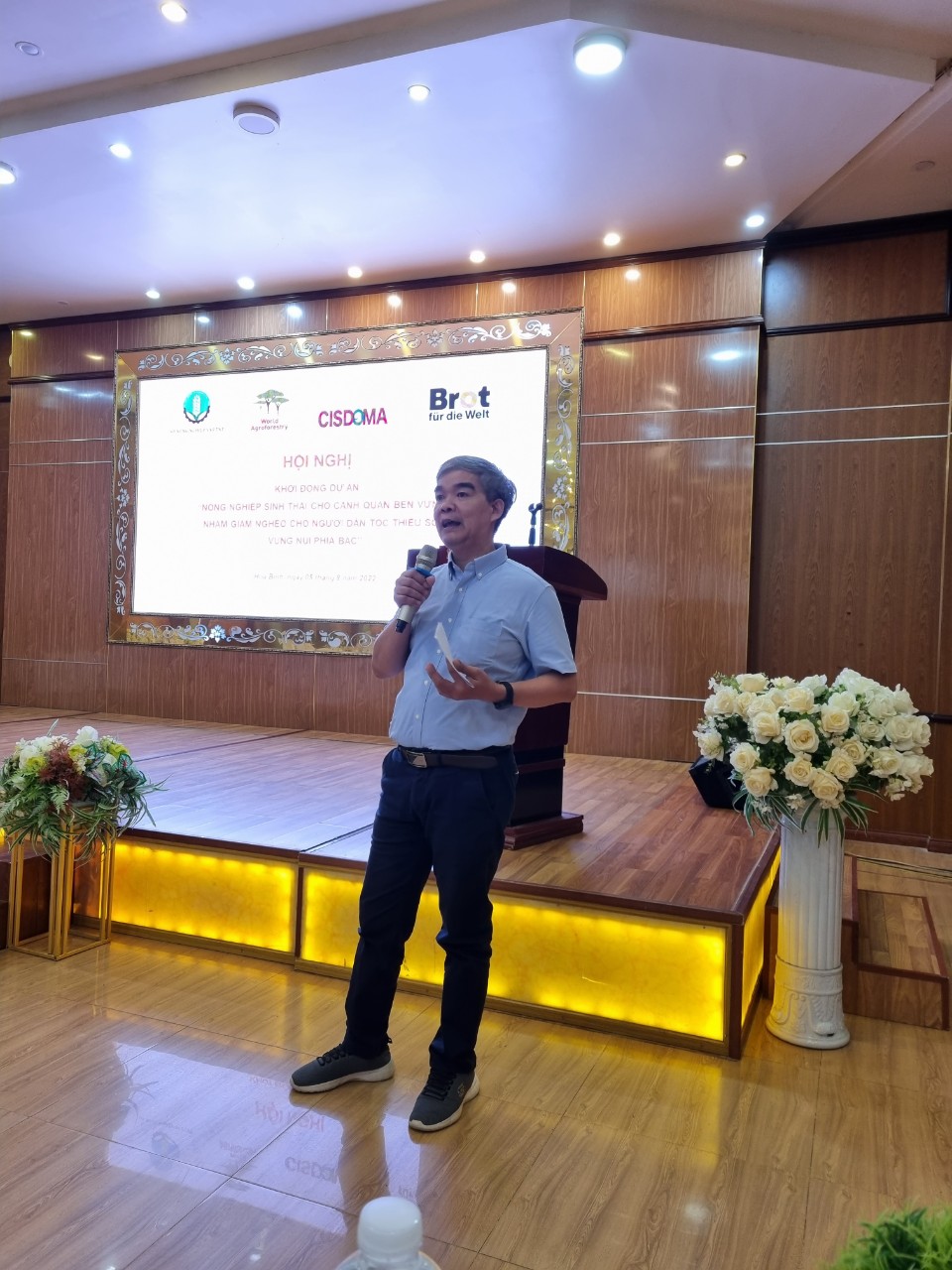 Picture 5: Mr. Nguyen Quang Tan, Chief representative of ICRAF, spoke at the workshop
Picture 5: Mr. Nguyen Quang Tan, Chief representative of ICRAF, spoke at the workshop
At the end of the workshop, all relevant stakeholders exerted their strong commitment to the highest level of dedication to implement the project on their own responsibility, follow the exact project progress to achieve high efficiency as well as ensure compliance with the legal framework and donors regulations. The involved actors believed that the project would build successful livelihood models to help increase income for farmers, improve sustainable agroforestry production and create stable agroecology in harmony with nature.

